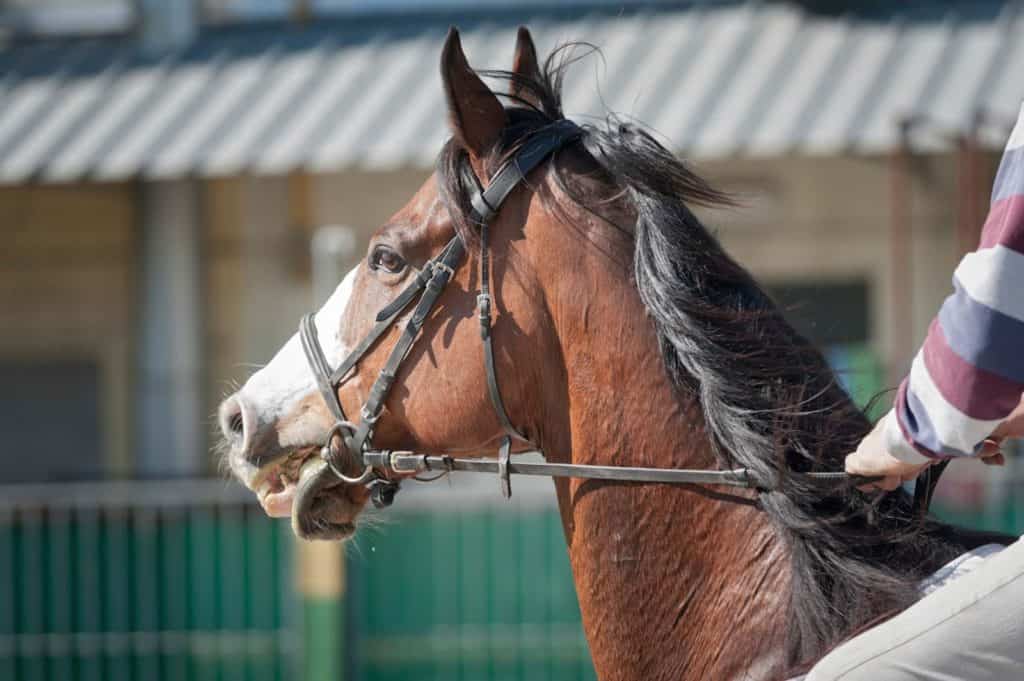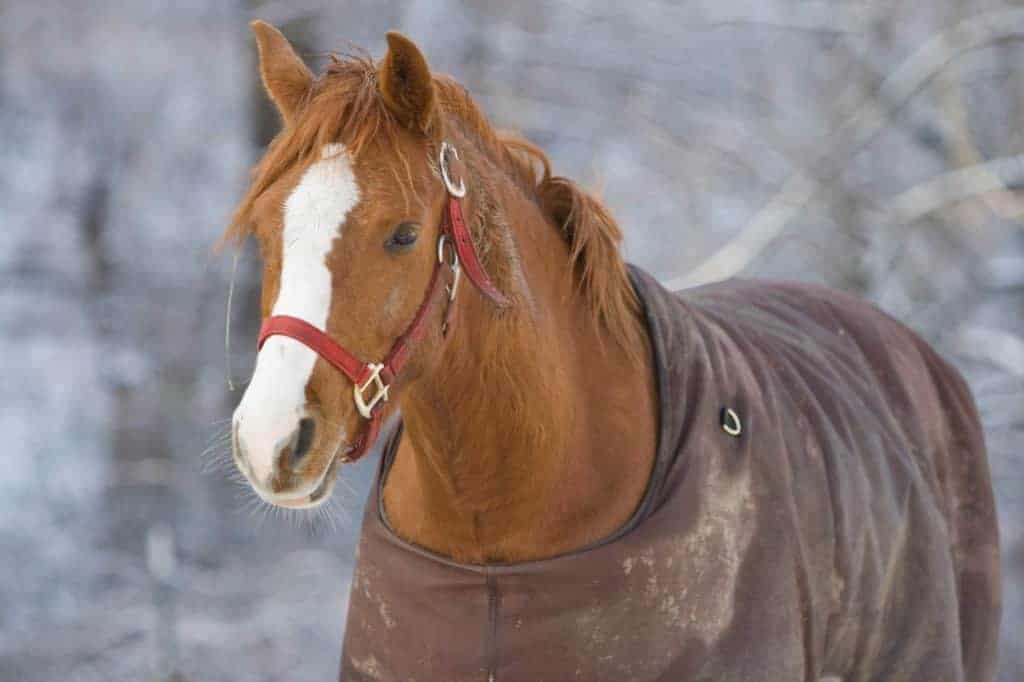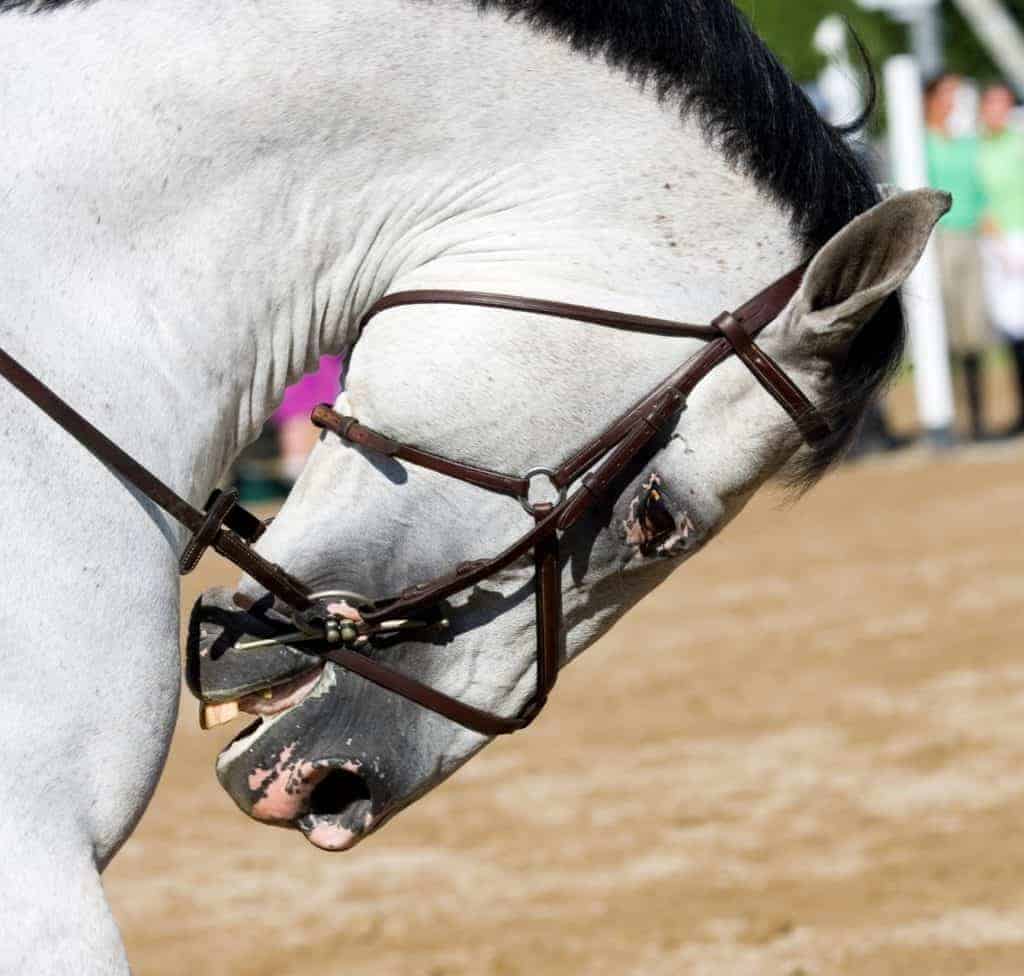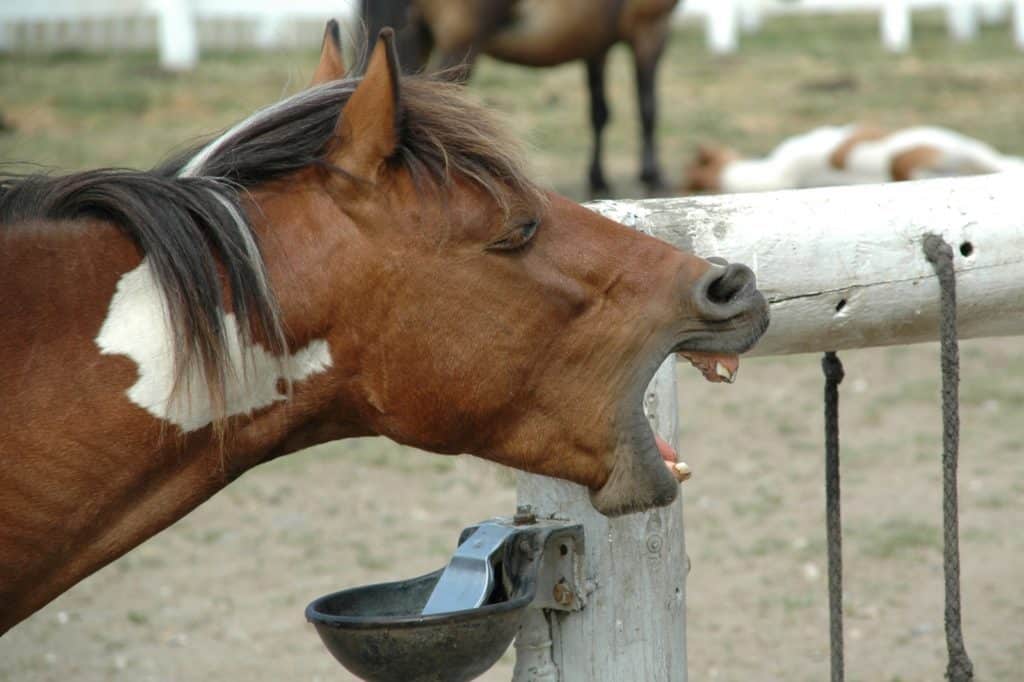
Softening the Hard Mouthed-Horse
Does it feel like your horse hangs on the reins? A behaviorist offers possible causes and solutions to the problem.

Does it feel like your horse hangs on the reins? A behaviorist offers possible causes and solutions to the problem.
Speakers will discuss how horses learn and how that knowledge can be applied to training.

An equine lawyer addresses buyer options after purchasing a horse with an unknown or undisclosed behavioral issue.

How can I teach my horse to let me put her blanket on over her head so I don’t have to unbuckle it each time?

Scientists studied the kinematics of both horse and rider to better understand exactly what goes on during collection.
As an attorney for Equine Legal Solutions, I frequently help unhappy horse buyers decide whether they have a viable legal case against the seller, and

Horses trained with ground work learned to recognize finger pointing faster than those trained with other methods.

Hyperflexion was more common in the 2008 World Cup than the 1992 Olympic Games in dressage classes, researchers found.

In many cases, a good shelter with adequate food is enough to keep horses warm during winter weather, researchers found.

Have you ever wondered if your horse is getting enough sleep? Here’s what you need to know.

It’s a question that can polarize equestrians. Here, one researcher shares what she’s learned on the topic.

Top international equitation scientists offer tips to ensure you use your riding reins in a horse-friendly, ethical way.

Readers learned about a variety of topics from sweat marks under saddles and laminitis to beet pulp and hoof cracks.

My trainer says feeding my horse treats has caused his poor ground manners. Should I stop?

Find out what researchers have learned in recent years about this stereotypic behavior in horses.

Researchers found that older weanlings appear to be–and seem to stay–more dominant in the social hierarchy.
Stay on top of the most recent Horse Health news with
"*" indicates required fields